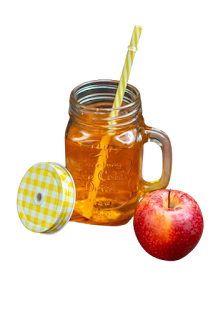7 Health Benefits of Drinking ABC Juice.
Have you heard of ABC Juice? This power-packed drink made from Apple, Beetroot, and Carrot is a game-changer for your health! Here are 7 amazing benefits that will make you want to sip on this vibrant elixir every day:
Boosts Immunity
Packed with vitamins A, B6, C, and E, ABC Juice strengthens your immune system, helping your body fight off infections and stay healthy.
Enhances Skin GlowReady to make your own refreshing and nutritious ABC Juice?
Here's a quick and easy recipe to get you started:
Ingredients:
- 1 medium Apple
- 1 medium Beetroot
- 2 medium Carrots
- 1 tablespoon Lemon Juice (optional)
- A small piece of Ginger (optional for an extra kick)
Instructions:
- Wash and Prep: Thoroughly wash the apple, beetroot, and carrots to remove any dirt or residue. Peel the beetroot and carrots if desired.
- Chop: Cut the apple, beetroot, and carrots into small pieces that will fit into your juicer or blender.
- Juice: If using a juicer, feed the apple, beetroot, and carrot pieces through the juicer. If using a blender, blend the ingredients until smooth, then strain the mixture through a fine mesh sieve or cheesecloth to remove the pulp.
- Add Lemon Juice: Stir in the lemon juice for a tangy twist (optional).
- Serve: Pour the juice into a glass, add ice if desired, and enjoy immediately for the best taste and maximum nutrients!
Pro Tip: Add a small piece of ginger for a zesty kick and extra health benefits.
.png)





.png)

.png)



.jpg)




